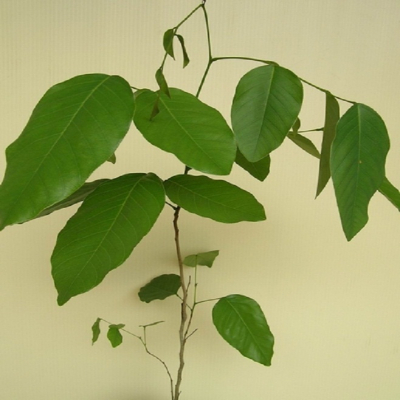Cassia fistula Linn.
Synonyms : C. rhombifolia Roxb.
Family : Fabaceae
Group : Antidotes
Parts Used : Whole plant
Vernacular Names :-
| English | : | Golden shower, Indian laburnum |
| Malayalam | : | Kanikkonna |
| Hindi | : | Amaltas |
| Sanskrit | : | Kaitamalah |
| Assamese | : | Sonaru |
| Bengali | : | Sonali |
| Gujarathi | : | Garmala, Alash |
| Kannada | : | Kakkeamara |
| Tamil | : | Konnai |
| Telungu | : | Kalaponna |
Distribution and habitat: Throughout India.
Botany: A moderate sized handsome deciduous tree, 8-15 m in height with greenish grey smooth bark when young, and rough when old, exfoliate in hard scale.
- Leaves: Bipinnately compound, leaflets 4-8 pairs, ovate, acute, bright green, glabrous above, paler and silvery pubescent beneath when young, main nerves numerous.
- Flowers: Bright yellow in lax pendulous racemes.
- Fruits: Cylindric pods, 30-60 cm long, shortly stipitate, nearly straight, smooth, shiny, brownish black.
- Seeds: Ovate, horizontally immersed in dark coloured sweetish pulp.
Properties: Anti-viral, Anti-cancerous, hypoglycemic
Chemical constituents:
- Leaves contain anthraquinone derivatives and very little tannin. Ceryl alcohol, fistulin, leucopelargonidin tetramer, kaempferol, rhein and glucoside in flowers.
- Root bark, tannin, phlobaphenes and oxy-anthraquinone substance.
- Pulp contains rhein, glucose, sucrose, and fructose, volatile oil, three waxy substances and resinous substance. Fistulic acid from pods, fistucacidin from bark.
Uses: Skin diseases, tuberculosis, syphilis, burning sensation, inflammations, rheumatism, colic and burning sensation, boils, colic, fever, cardiopathy, leprosy, ulcers and intermittent fevers, pruritus, burning sensation, dry cough and bronchitis
Propagation: Seeds

